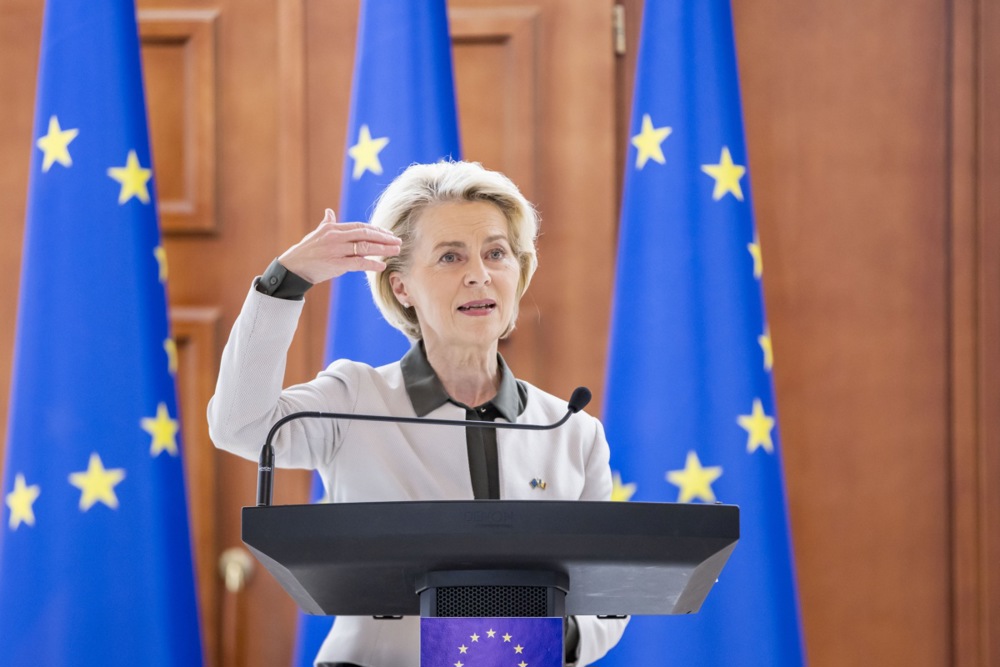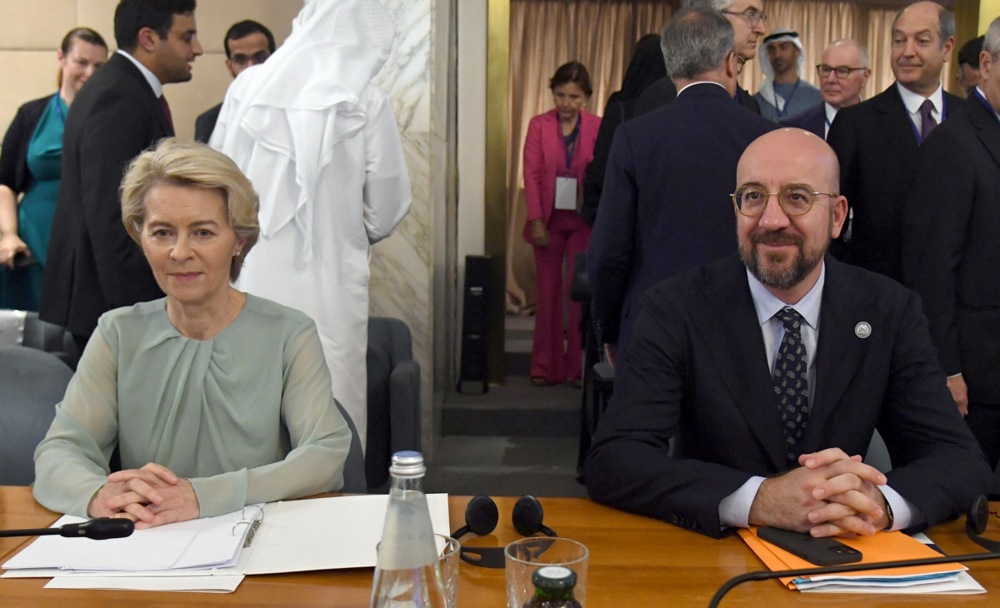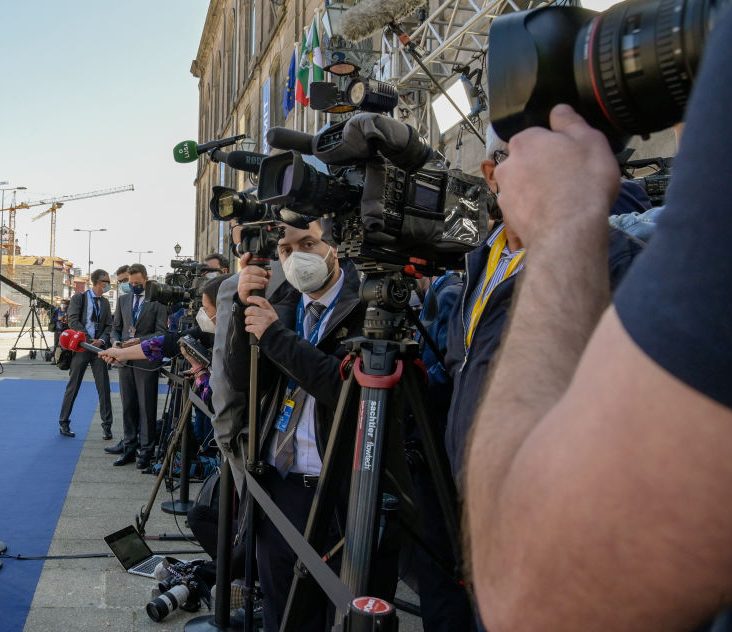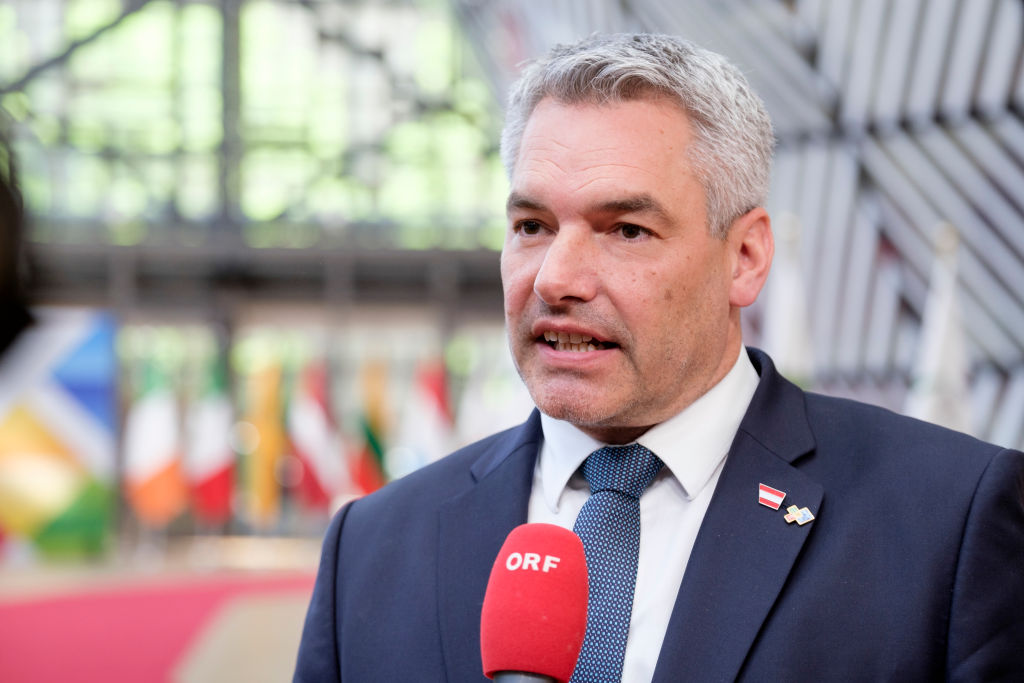Despite widely differing opinions between the European Union’s 27 Member States, a compromise text regarding the war between Israel and Hamas has been agreed upon after a long discussion in the European Council.
In a collective statement, the leaders of the 27 nations first condemned “in the strongest possible terms” Hamas for its “brutal and indiscriminate terrorist attacks” across Israel. They took particular offence at its use of civilians as human shields.
The European Council has forcefully emphasised Israel’s right to defend itself in line with international law and international humanitarian law. At the same time, it has reiterated its call on Hamas to immediately release all hostages taken – without any preconditions.
The support for Israel does have limits, as the EU tries to maintain a middle ground between Member States more sympathetic to Israel, such as Austria, Germany, Hungary and Sweden and those more supportive of Palestinians, including Spain, Ireland and Luxembourg.
The European leaders also expressed their “gravest concern for the deteriorating humanitarian situation in Gaza”.
To help tackle this, they called for unhindered humanitarian access and aid for those in need. They said they “will work closely with partners in the region to protect civilians, provide assistance and facilitate access to food, water, medical care, fuel and shelter, ensuring that such assistance is not abused by terrorist organisations”.
The statement referred to “humanitarian corridors and pauses for humanitarian needs”. The exact wording proved important as there was a discussion over the difference between “pause” and “pauses”.
“A single, humanitarian pause would be too close to the concept of a ceasefire – when Israel has the right to defend itself from attack,” an EU diplomat told the BBC.
“A ‘pause’ means both actors stop for good, whereas ‘pauses’ are temporary.”
Unity, agreement at #EUCO on Middle East conclusions. pic.twitter.com/sC8zUuiZlI
— Ecaterina Casinge (@ecasinge) October 26, 2023
The EU said it was ready to help in the political process for peace, on the basis of the two-state solution in particular.
Finally, it also stressed the need to fight online disinformation and illegal content, pointing towards the legal responsibility of media platforms.
President of the Council Charles Michel spoke of “a very good discussion” about the situation in the Middle East. He called the agreement a show of “strong unity” within the European Council.
“The European Council has demonstrated its unity and sent a message to EU citizens and the world, based on our values, treaties, and fundamental principles.”
For some, it is open to debate how strong that unity really is; it took five hours of debate about the topic to produce the rather brief statement apparently trying to appeal to “both sides”.
Spain, for example, had been calling for a humanitarian ceasefire, not a pause. Some assume the ceasefire demand was made in order to achieve other concessions in the text, in particular the call for a two-state solution.
Israel has been displeased with Spain for a while. Earlier, it accused the Spanish of siding with Hamas after Left-wing politicians in Spain said Israel was engaging in the “genocide” of Palestinians.
European Commission President Ursula von der Leyen announced that, as part of its earlier promises, the EU would deploy two more flights of humanitarian cargo to the Egyptian side of the Rafah crossing into the Gaza Strip on October 27 and sign a €40 million deal with UN relief agencies.
Press conference LIVE https://t.co/2TNe3E3jM0
— Ursula von der Leyen (@vonderleyen) October 26, 2023





